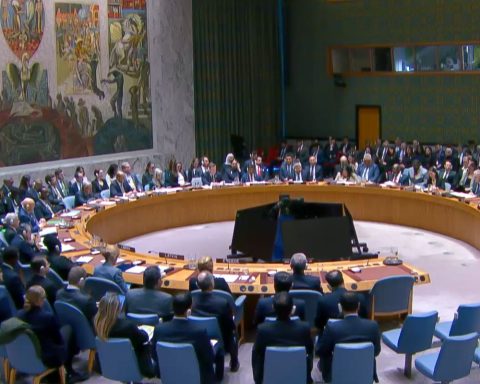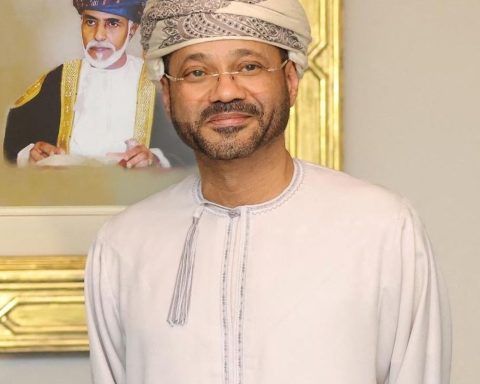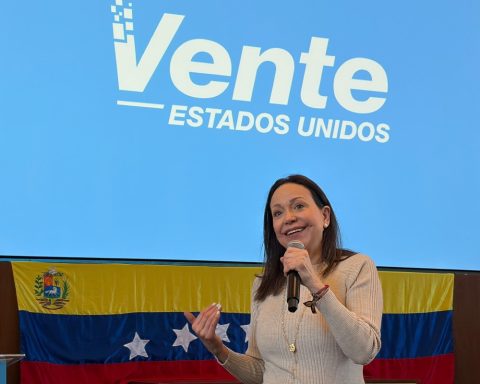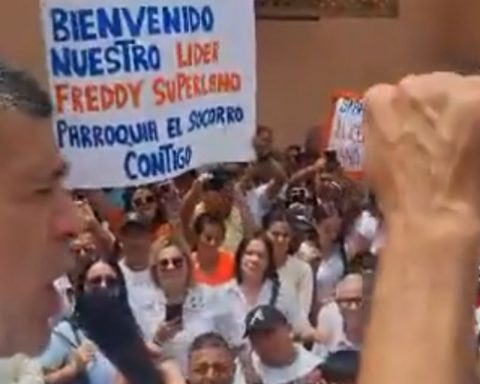A Sergipe film and a co -production between Minas Gerais and São Paulo bid the awards of the two most popular categories of the Tiradentes Cinema Show. The event, which ended this weekend in the historic city of Minas Gerais, was attended by approximately 38,000 people in the estimate of the organizers. In addition, part of the program was made available on an online platform that received over 500,000 hits from 81 countries.
Organized by Universe Production since 1998, the Tiradentes Film Festival had the 28th edition in 2025. Traditionally held in January, the event inaugurates the country’s audiovisual calendar and sets the tone of many of the discussions that will extend through other festivals throughout of the year. 140 films were screened during the event schedule.
Categories
The Sergipe feature One minute is an eternity for those who are sufferingdirected by Fábio Rogério and Wesley Pereira de Castro, was the winner of the Aurora show. The category is focused on the screening of new filmmakers of new filmmakers who are in their first feature film. Since it was created in 2008, it has consolidated itself as one of the main attractions of the festival headquartered in the city of Minas Gerais.
The victory was decreed by the young jury, made up of selected students through a film critic workshop. One minute is an eternity for those who are suffering It is a documentary that accompanies Wesley, one of the two directors, in a dip in his own personality, exposing his feelings and internal conflicts at different times in life.
The Eyes Livre Show, another prominent category at the event, consecrated work co -produced in Minas Gerais and São Paulo. This is the feature film Plague godsdirected by Tiago Mata Machado and Gabriela Luíza. Declared the winner by the official jury, composed of critics, the film tells a story that takes place at a mansion in ruins, in the center of São Paulo, where there is an old actor away from stage.
In addition to the two main categories, the Tiradentes Cinema Show distributes other awards. Bodiesby Mayra Costa, was appointed by the official jury as the best short film that competed in the Focus Show. The actress Ticiane Simões, who works in the film, was also awarded her performance. Popular vote has consecrated the feature film 3 Obás de Shangoby Sergio Machado, and the short film Two nilesby Samuel Lobo and Rodrigo de Janeiro.
Highlights
There were also prizes distributed by sponsors of the event. Outside the competitive categories, the program featured a selection of works that make up the trajectory of Bruna Linzmeyer, honored actress of the edition.
In addition, there were several premiere movie sessions. One of the highlights was Malês, the new title of Antonio Pitanga, who will reach the movie theaters in April. The feature film narrates the trajectories of different characters involved in Malaise revoltoccurred in Salvador in 1835 and considered the most important urban rebellion of enslaved in Brazil.
Another premiere that had great interest from the public was Yõg ãtak: my father, Kaiowá, directed by Sueli Maxakali, Isael Maxakali, Roberto Romero and Luisa Lanna. It is a documentary that accompanies the search for Sueli Maxakali by the father, Luis Kaiowá, from whom he was separated during the Military Dictatorship in Brazil.
The closing film, screened on Saturday night (1st), was also a premiere: Suçuarana, by Clarissa Campolina and Sérgio Borges. The film tells the story of Dora, a woman who seeks a lost land she and her mother dreamed so much. Amid meetings with other visitors, the protagonist crosses a territory devastated by mining, in search of a place where he can find belonging.
All activities of the Tiradentes show are free. In addition to the film sessions, the public was able to follow artistic performances, workshops and debates. The program also includes holding the Tiradentes Forum, an event that brings together dozens of industry professionals for a diagnosis of Brazilian audiovisual with the objective of formulating proposals to MinC. One of the most prominent themes was the regulation of digital platforms that explore on demand video services (VOD).


















